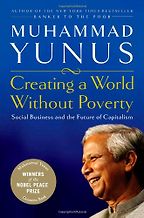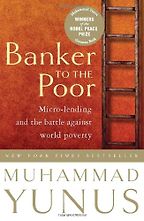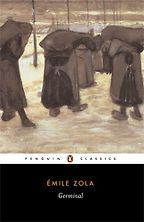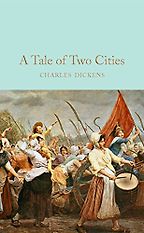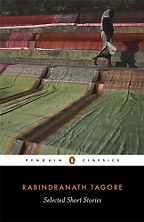I know that Grameen Bank extends its small loans mostly to groups of poor women, who have something like 100 per cent success rate in repaying the loans.You created microcredit to give loans to the poor, but now you have written a book about social business. Could you tell me about it?
This is about how the whole theoretical framework of economics needs to be redesigned. All the problems that are created in the world, like the financial crisis going on right now, the food crisis, environmental crisis, energy crisis – all these crises one after the other are not separate crises, they are separate manifestations of the same crisis. That crisis comes from the way we have designed the architecture of economics.
We went wrong in our depiction, our interpretation of the human being – we have done it in a very narrow way. In economics a human being is one dimensional – someone who devotes his or her life to making money. But human beings are in fact multi-dimensional. They are selfish, but at the same time they are selfless. You can’t extract just the selfish part of the person and build a whole economic theory out of it – everything is for me, everyone is doing things for themselves but they are not worrying about others. In fact, we are part of a bigger thing, we are linked to each other. I exist here today because everybody else exists otherwise I wouldn’t exist here. That part has been forgotten. So the selflessness – I want to change the world, I want to solve the problems, I want to make an impact – that part is not incorporated into economics.
Are you saying that people are less predictable than economics allows?
No. People are very predictable. They want to make money and they want to change the world. But that door was never open to them because economics never put that aspect of people into the theory.
So, I say why don’t you create that part of economics and then we can do both things? We can create business for selfish purposes, which we do today, and we can create business for selfless purposes too, meaning solving the problems that we have around us. And I call this a social business and that is the subject of my book. How do you build a social business?
How do you?
We have created a lot of social businesses in Bangladesh. One example is the joint venture with multi-national company Danone. We have created Garmeen-Danone in Bangladesh – Danone is a yoghurt company. So this is a social business, as apart from the other part of Danone which is money-making. This is designed to solve the problem of malnutrition among the children of Bangladesh. Half the children in Bangladesh are malnourished and good nutrition is in very, very short supply among the children here.
What we did is we made this yoghurt and put all the micro-nutrients that the children lack into the yoghurt and we made it very, very cheap so that children can eat it (and they love it!) and if they eat this yoghurt for eight to nine months, two cups a week, they will regain all their health because it contains all the nutrition they need. This is the objective for which the company was created and Danone and Garmeen will never take any profit out of it because this is not a company to make money; it is a company to solve a problem in a business way. So the company makes enough money to continue business and cover costs without fresh investment. That is a social business.
Can you talk about some of the novels that have influenced your approach to poverty?
Both Germinal and A Tale of Two Cities made an impression on me. They are about the lives of poor people and the kind of life they lead in poverty. In Bangladesh it’s all about poverty, the extreme poverty you see around you and you want to do something about it. These books talk about poverty in Europe.
And the poverty you read about and saw yourself inspired you to act?
Yes. I came from a low-income family, which was not extreme poverty but not so far away. I have created a programme of microcredit, created a bank to lend money to the poor people so that they can start commercial activities for themselves. And that became well-known, all over the world. The bank is called the Grameen Bank and the method we use is called microcredit.
You’ve chosen to talk about European literature. Did you have a European education?
No, but we were part of the British colony so we had lots of connection with English literature and I don’t mention the local language because it doesn’t make any sense to you. But local literature is more influential for me than European literature – Rabindranath Tagore stories, for example, about poor families and their struggle with their life.
And are there any economics books you can recommend to economists or to students of economics?
No, not really.
Five Books aims to keep its book recommendations and interviews up to date. If you are the interviewee and would like to update your choice of books (or even just what you say about them) please email us at [email protected]
Five Books interviews are expensive to produce. If you've enjoyed this interview, please support us by donating a small amount.
